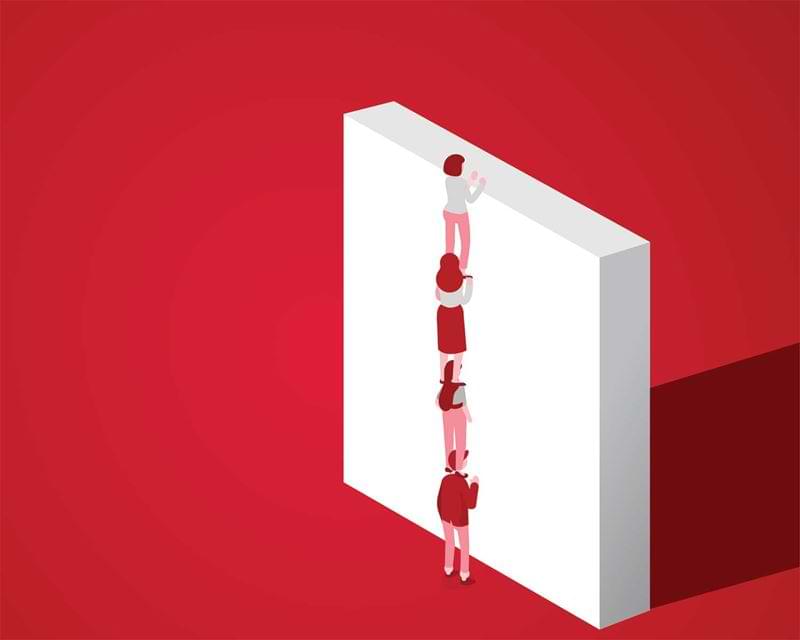Coronary Artery Disease - Coronary Heart Disease
 Coronary heart disease is a common term for the buildup of plaque in the heart’s arteries that could lead to heart attack. But what about coronary artery disease? Is there a difference?
Coronary heart disease is a common term for the buildup of plaque in the heart’s arteries that could lead to heart attack. But what about coronary artery disease? Is there a difference?
The short answer is often no — health professionals frequently use the terms interchangeably.
However, coronary heart disease , or CHD, is actually a result of coronary artery disease, or CAD, said Edward A. Fisher, M.D., Ph.D., M.P.H., an American Heart Association volunteer who is the Leon H. Charney Professor of Cardiovascular Medicine and also of the Marc and Ruti Bell Vascular Biology and Disease Program at the NYU School of Medicine.
With coronary artery disease, plaque first grows within the walls of the coronary arteries until the blood flow to the heart’s muscle is limited. View an illustration of coronary arteries. This is also called ischemia. It may be chronic, narrowing of the coronary artery over time and limiting of the blood supply to part of the muscle. Or it can be acute, resulting from a sudden rupture of a plaque and formation of a thrombus or blood clot.
The traditional risk factors for coronary artery disease are high LDL cholesterol, low HDL cholesterol, high blood pressure, family history, diabetes, smoking, being post-menopausal for women and being older than 45 for men, according to Fisher. Obesity may also be a risk factor.
“Coronary artery disease begins in childhood, so that by the teenage years, there is evidence that plaques that will stay with us for life are formed in most people,” said Fisher, who is former editor of the American Heart Association journal, ATVB. “Preventive measures instituted early are thought to have greater lifetime benefits. Healthy lifestyles will delay the progression of CAD, and there is hope that CAD can be regressed before it causes CHD.”
Living a healthy lifestyle that incorporates good nutrition, weight management and getting plenty of physical activity can play a big role in avoiding CAD.
“Coronary artery disease is preventable,” agreed Johnny Lee, M.D., president of New York Heart Associates, and an American Heart Association volunteer. “Typical warning signs are chest pain, shortness of breath, palpitations and even fatigue.”
If you feel any of these symptoms, don’t delay — call 911.

Support That Lifts You Up
Our online community of patients, survivors and caregivers is here to keep you going no matter the obstacles. We’ve been there, and we won’t let you go it alone.







